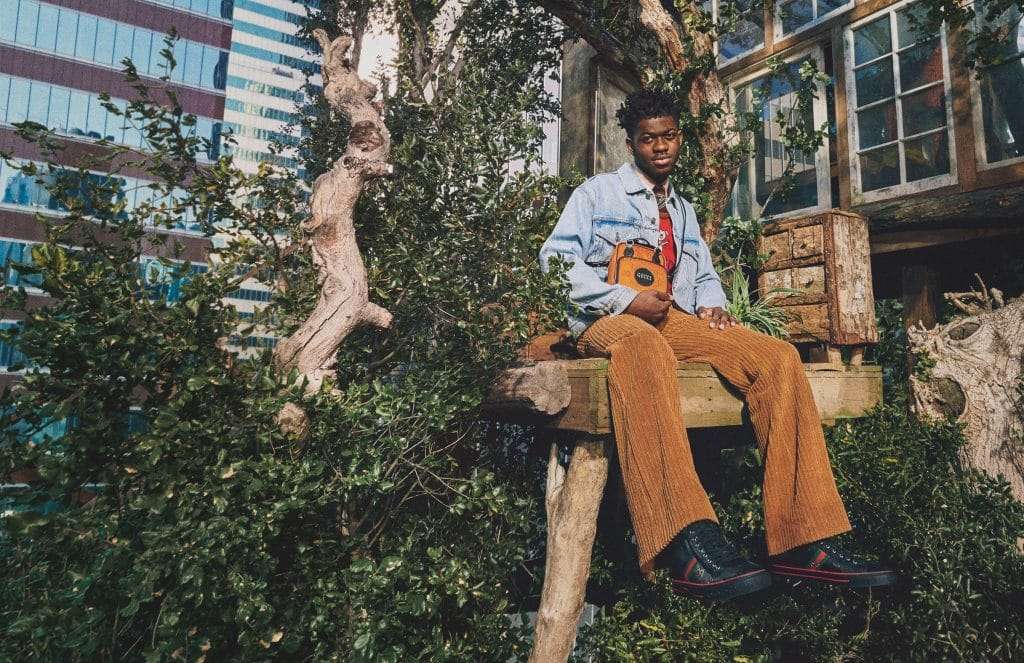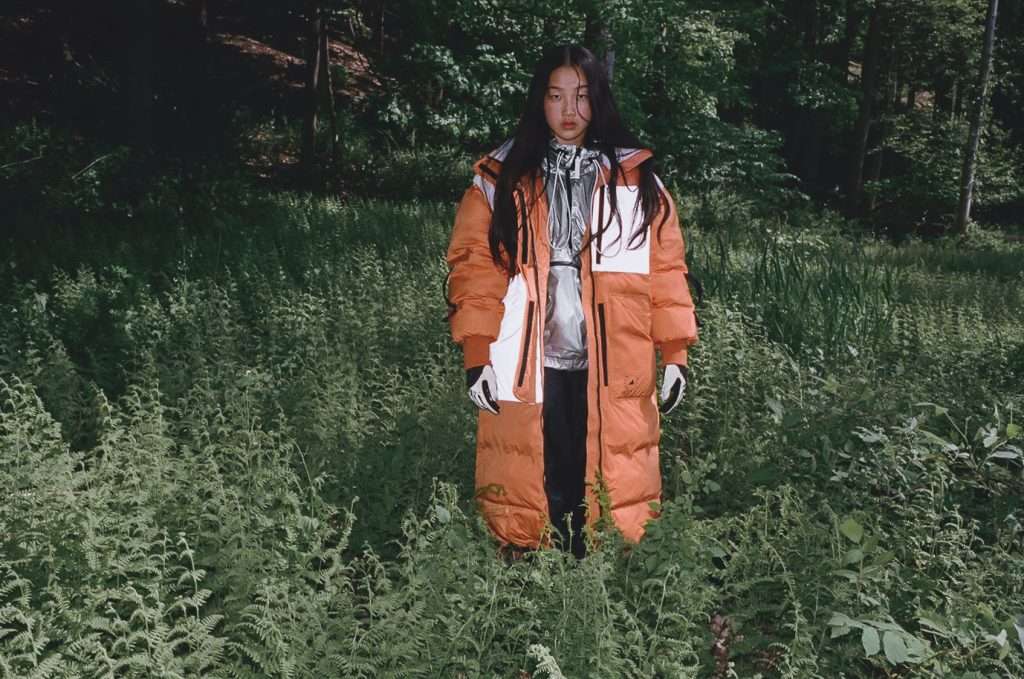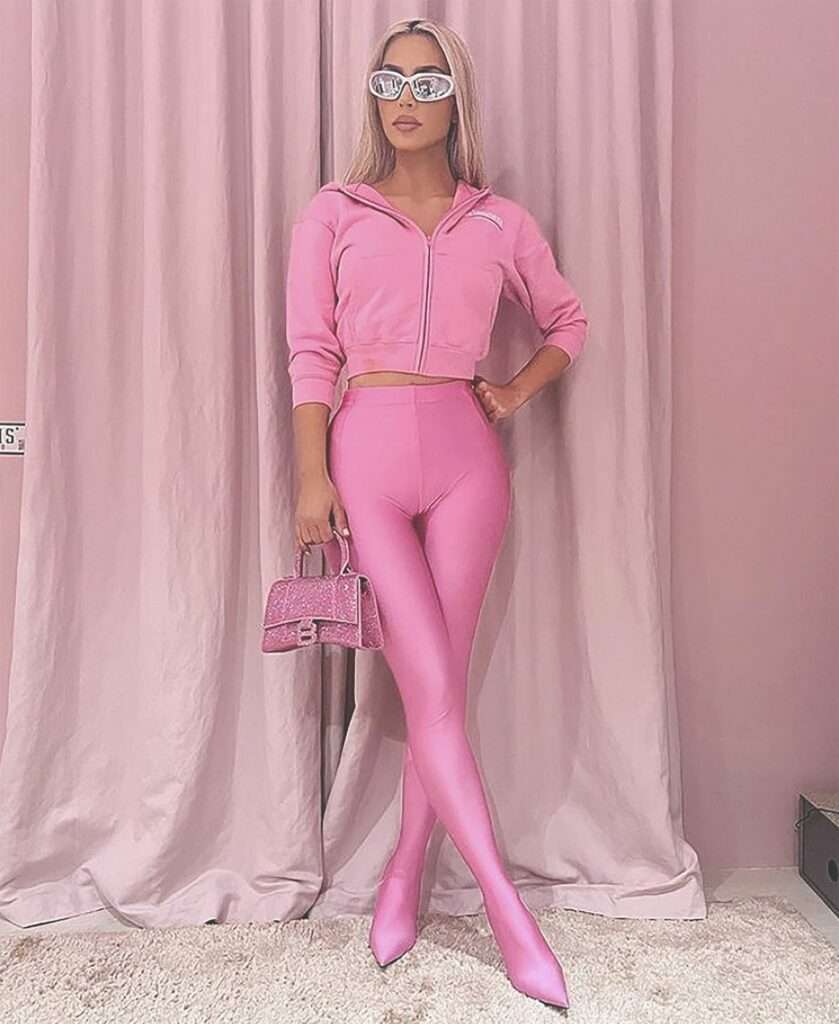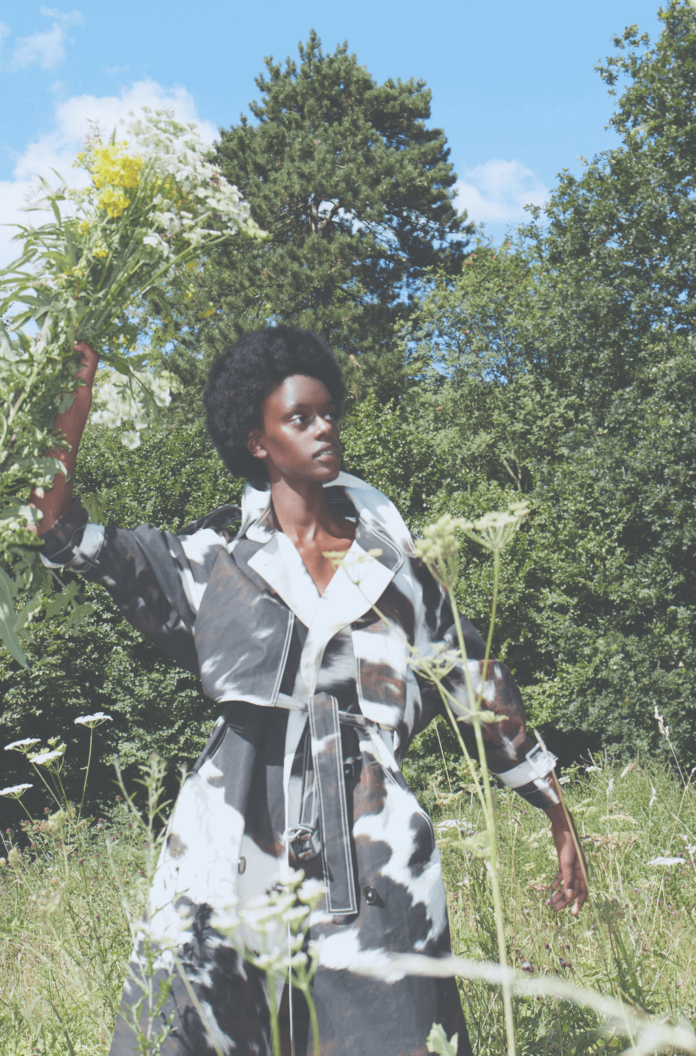More than 500 fashion brands with revenue totaling more than $857 billion, have signed on to the CanopyStyle initiative aimed at protecting old-growth forests by keeping them out of the fashion industry.
“We are so excited that CanopyStyle has reached the milestone of five-hundred global brands united to end the sourcing for viscose from Ancient and Endangered Forests,” Amanda Carr, Canopy’s Director of Strategic Initiatives, said in a statement. “Together we use purchasing power to conserve forests on the ground, and shift the fashion industry to circular, non-forest derived viscose sourcing.”

Canopy has pulled in support from mainstream brands including H&M, Zara, and Walmart as well as leaders in luxury fashion including sustainable label Stella McCartney, Everlane, PVH, which owns Calvin Klein and Tommy Hilfiger, and Kering, parent brand to Gucci, Saint Laurent, and Balenciaga.
Kering has been a leader in ethical and responsible fashion, bringing alternative materials to its labels as well as entering the resale market. PVH has also turned its attention to more sustainable practices, including joining Ecovative in pursuit of mycelium-based vegan leather.
‘No brand is too big or too small’
“No brand is too big or too small to be an integral part of CanopyStyle. As long as a company is willing to commit to keeping Ancient and Endangered Forests out of their supply chain publicly, with a time-bound target, we are happy to collaborate,” Carr said. “In fact, the initiative requires this breadth of partners — smaller companies are often more nimble and able to try new things, and large companies have market share and influence that is absolutely necessary for our collective success.”
Prior to Walmart joining the initiative, Amazon pledged its support in 2020. “These big retailers originally had legitimate concerns that their procurement volumes could distort supply and demand, even by making an announcement (this had happened in the past on organic cotton). But our work with brands had already created the necessary momentum to ensure that 50 percent of the global supply of viscose could meet CanopyStyle policy expectations.”

The labels have all pledged to avoid using any products or materials associated with deforestation. They’ve also pledge to source low-carbon alternatives wherever possible.
According to Canopy, which launched the CanopyStyle initiative nine years ago, tree harvesting for fabric production has doubled since the 1990s. That’s expected to continue to grow, increasing as much as 50 to 60 percent over the next decade. Canopy says more than 200 million trees are felled every year for the production of materials including viscose and rayon.
Since its launch in 2013, the CanopyStyle campaign has shifted nearly half of all viscose production away from old-growth forests and “secured conservation gains, and spurred production of low-carbon next-gen textiles,” Nicole Rycroft, Canopy’s executive director, said in a statement. “The job isn’t done yet: in this turnaround decade, we are redoubling efforts to keep ancient and endangered forests standing, scaling commercial production of circular alternatives, and moving the needle on climate action.”
Only 20 percent of the world’s ancient forests remain intact, the group says. With support from local allies, Canopy says it has secured initial conservation and/or long-term moratorium in 11.4 million hectares of the world’s high-carbon and biodiverse forests.

“When we first started communicating with viscose producers, we were often told that their company wasn’t sourcing from Ancient and Endangered Forests and that viscose could never be made from anything but tree pulp,” Carr said.
“Nine years later we are happy to report that producers responsible for 90 percent of the viscose market now have CanopyStyle policies in place, and many of these are taking action on risks identified in their CanopyStyle Audits to avoid sourcing from these irreplaceable forests globally. Even more remarkable is that four out of the five largest viscose producers in the world are now producing products made with Next Gen inputs like recycled clothing. These former skeptics are now valued partners and contributors to CanopyStyle.”
Ending deforestation
Canopy says the impact fashion has on the world’s forests is largely misunderstood by consumers; it’s a situation similar to the toilet paper industry, which is a leading cause of deforestation, accounting for more than 15 percent globally.
If successful in its bid to end deforestation, the CanopyStyle initiative could prevent the carbon loss equivalent to eliminating emissions from a country the size of Switzerland—nearly 16,00 square miles with a population of more than eight million. Switzerland produces between two to three percent of the world’s total carbon emissions.

When sourced sustainably, cellulose materials, such as tencel, viscose, and rayon offer brands a more eco-friendly material than plastic-based fabrics—even those using ocean-bound recovered plastic. The natural materials require fewer chemicals for processing and even have a lower carbon footprint than cotton, the most popular natural fabric.
Canopy is now also working with the world’s first pulp mill that uses only waste textiles. And its Pack4Good campaign, a parallel initiative, is working to help fashion labels reduce their paper packaging.
“Whether those are tools to help keep sourcing on track, initiatives behind the scenes to advocate for forest conservation, or Next Generation Solutions that take waste products and make them into new, more circular textiles, we are proud to be there for our partners with ideas, innovation, connections, and vision,” Carr said. “We are simply too restless to raise a problem without working ten times harder on the solution.”
Related on Ethos:
Editor’s note October 27, 2022: This article was updated to clarify the launch date of the CanopyStyle campaign


